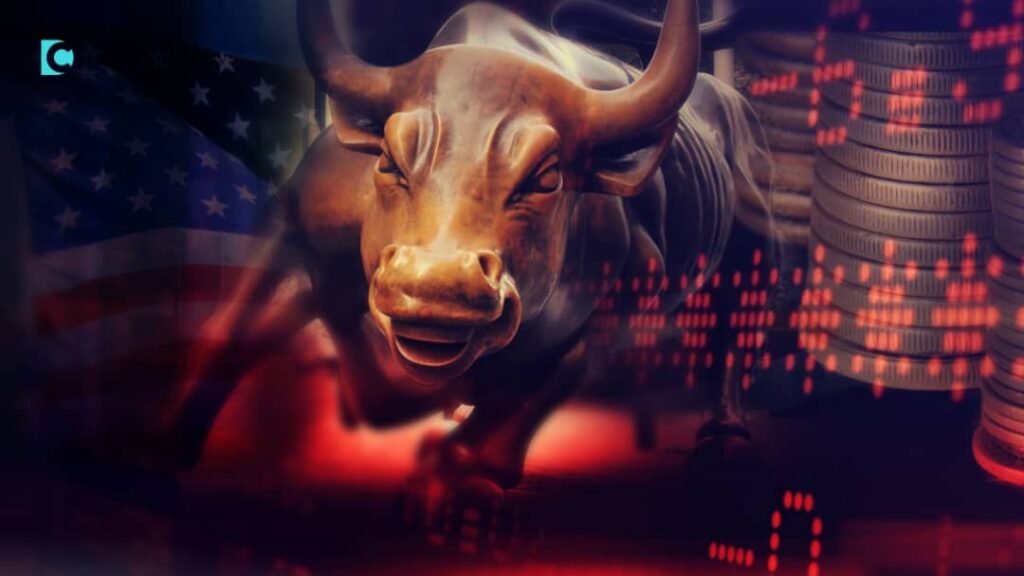The continued foreign exchange scarcity in Nigeria has worsen even as the exchange rate on the parallel market is inching towards N590/$1, recent forex market report shows.
Thank you for reading this post, don't forget to subscribe!
The development may lead to massive job loss in the manufacturing industry, among other sectors, according to the Manufacturers Association of Nigeria.
This comes over eight months after the Central Bank of Nigeria stopped the sale of forex to Bureau de Chang1e operators and promised to boost liquidity in commercial banks.
Checks by Diutocoinnews on Tuesday showed that the exchange rate stood at N585/$1 and
785/£1 on the black market as against the N582/$1 last Friday.
This is just as banks have also limited customers’ access to forex, placing a cap of $20 per month for online transactions.
Insiders revealed that things may worsen even further as electioneering intensifies, adding that politicians had begun to mop up dollars, driving up the demand.
“The naira will keep falling because those who need dollars cannot get it and they will patronise the parallel market, increasing demand. It is also one of the fallouts of an election year. We are not earning as much FX and we will spend more financing on petrol subsidy. Ultimately, there will be a wider gap between the import and export window and the parallel market,” a government official, who craved anonymity, said.
The Chief Executive Officer of Financial Derivatives Company, Mr. Bismarck Rewane, had in January projected that the CBN would devalue the naira by the end of 2022, adding that spending on political campaigns ahead of the 2023 general elections would put more pressure on foreign exchange supply in the Nigerian economy.
Already, frustrated manufacturers and travellers have been forced to patronise BDC operators more often than before.
It was learnt that in some instances, banks were able to meet just about 30 per cent of customers’ demands.
“I applied for a $5,000 Business Travel Allowance through the CBN portal. But my bank said it could give me only $2,000,” said a businessman who wished to remain anonymous.
It was, however, learnt that the experiences of manufacturers were far worse.
“Never in a million years would I have thought Nigeria would get to this stage. How do you explain that a manufacturer had an invoice of $425,000 to import materials and all that is allocated to him from the CBN is $210? I can’t even wrap my brain around it,” said Bola Adefila, the Chief Operating Officer, Banrut Rolls Nig Ltd.
It was learnt that the MAN had begun reaching out to the Federal Government for urgent intervention even as the rising cost of diesel has worsened the ease of doing business.






















